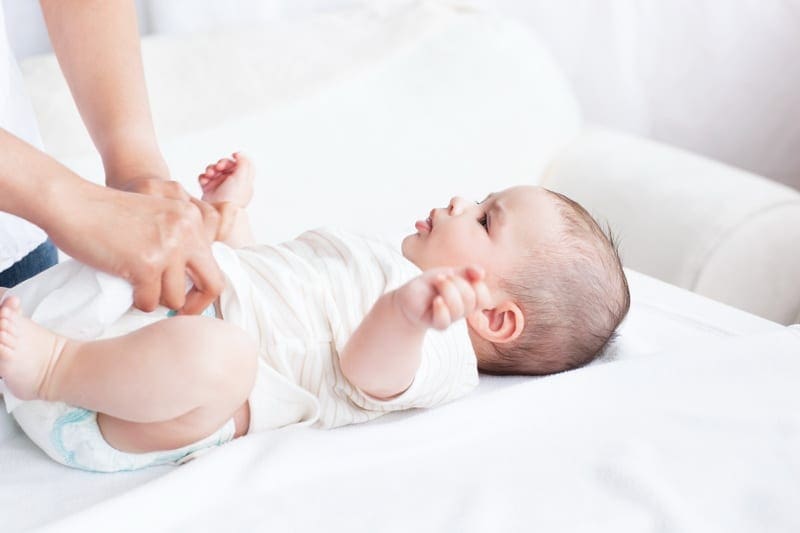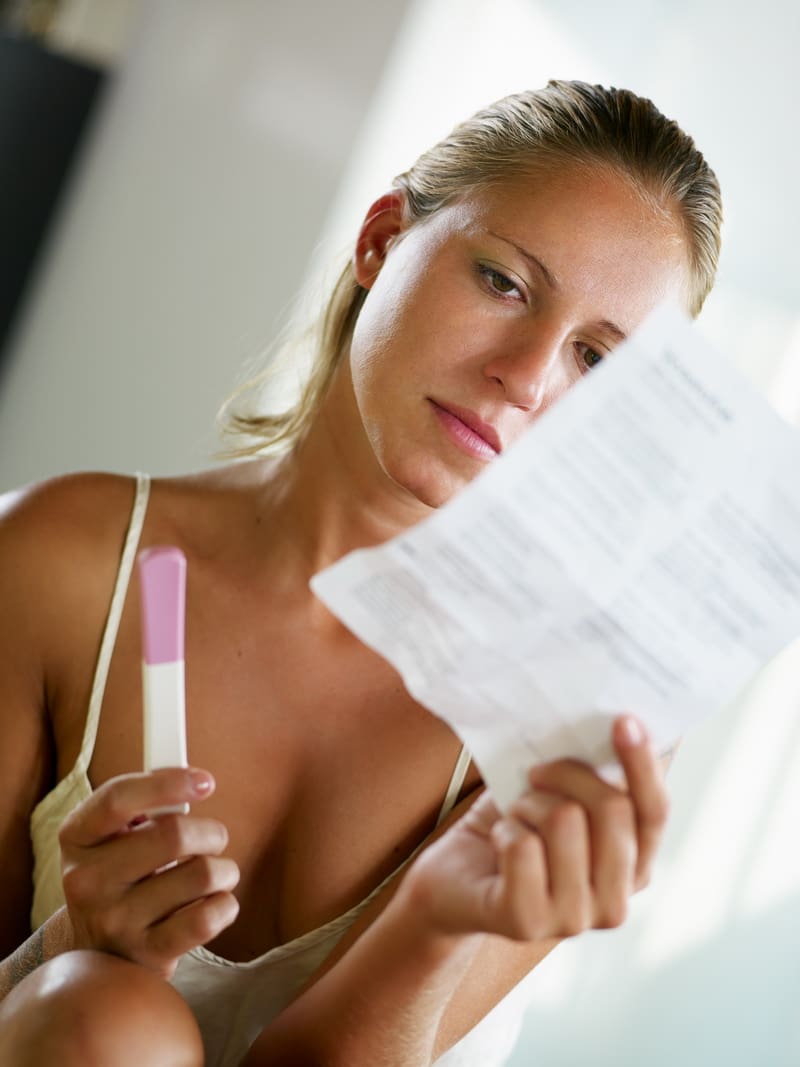Nausea and vomiting during pregnancy are unfortunately very common symptoms – especially during the first trimester. It’s often called ‘morning sickness’ but can occur at any time of the day or night. In severe cases, it can lead to complications such as dehydration, which can be dangerous for both you and your baby.
Extreme nausea and vomiting during pregnancy can cause severe dehydration, which is when the body loses fluids at a rate faster than it can replace them. If a lot of water is lost, the body can eventually dry out. Dehydration during pregnancy should be avoided to prevent any complications it might have on the developing baby.
Suffering from extreme pregnancy nausea and vomiting can have consequences such as dehydration which can then cause low amniotic fluid levels. Amniotic fluid is a bag of fluid that safely cushions the baby during unexpected bumps. When amniotic fluid gets too low, it might not be enough to effectively protect the baby. As a result, the baby can suffer from deformities at birth.
During the first trimester, it is completely normal to experience nausea and vomiting two to three times a day. Drinking a glass of water can help fix occasional nausea and vomiting, but be sure to watch out for signs of extreme pregnancy nausea. If you are having episodes of nausea and vomiting more than three times a day or in large volumes, seek your doctor’s help as you may be suffering from extreme pregnancy nausea.
Staying hydrated is key during pregnancy, especially if you’re experiencing a lot of nausea and vomiting. Dehydration can cause serious health problems, so make sure you’re drinking at least 10 pints of water every day. After each episode of nausea or vomiting, drink a glass of water to replace the fluids that were lost.
Our bodies are very good at telling us when we need water, and thirst is the first sign that we’re running low. So, when you feel thirsty, don’t ignore it! Drink as much water as you can, ideally at least one glass every hour. And make sure to drink whenever your body needs it.
Dehydration during pregnancy is very simple to prevent. Just listen to your body and make sure you’re getting enough water every day.
During pregnancy, it’s important to be sensitive to your body and its needs. Dehydration can happen even at its mildest form, so it’s important to watch out for early signs like extreme thirst, dry skin and lips, sunken eyeballs, small quantities of dark-colored urine, and dizziness or headache. If you catch these signs early, it’s much easier to correct dehydration than if it gets severe. So stay attuned to your body and monitor yourself for these common dehydration signs.
Drinking water is a great way to prevent dehydration if you’re suffering from extreme nausea and vomiting during pregnancy. However, in some cases, water alone might not be enough to rehydrate you. If you’re severely dehydrated, you may need IV fluids to help your body recover. If you’re not sure whether or not your dehydration is severe, always err on the side of caution and seek medical assistance.











